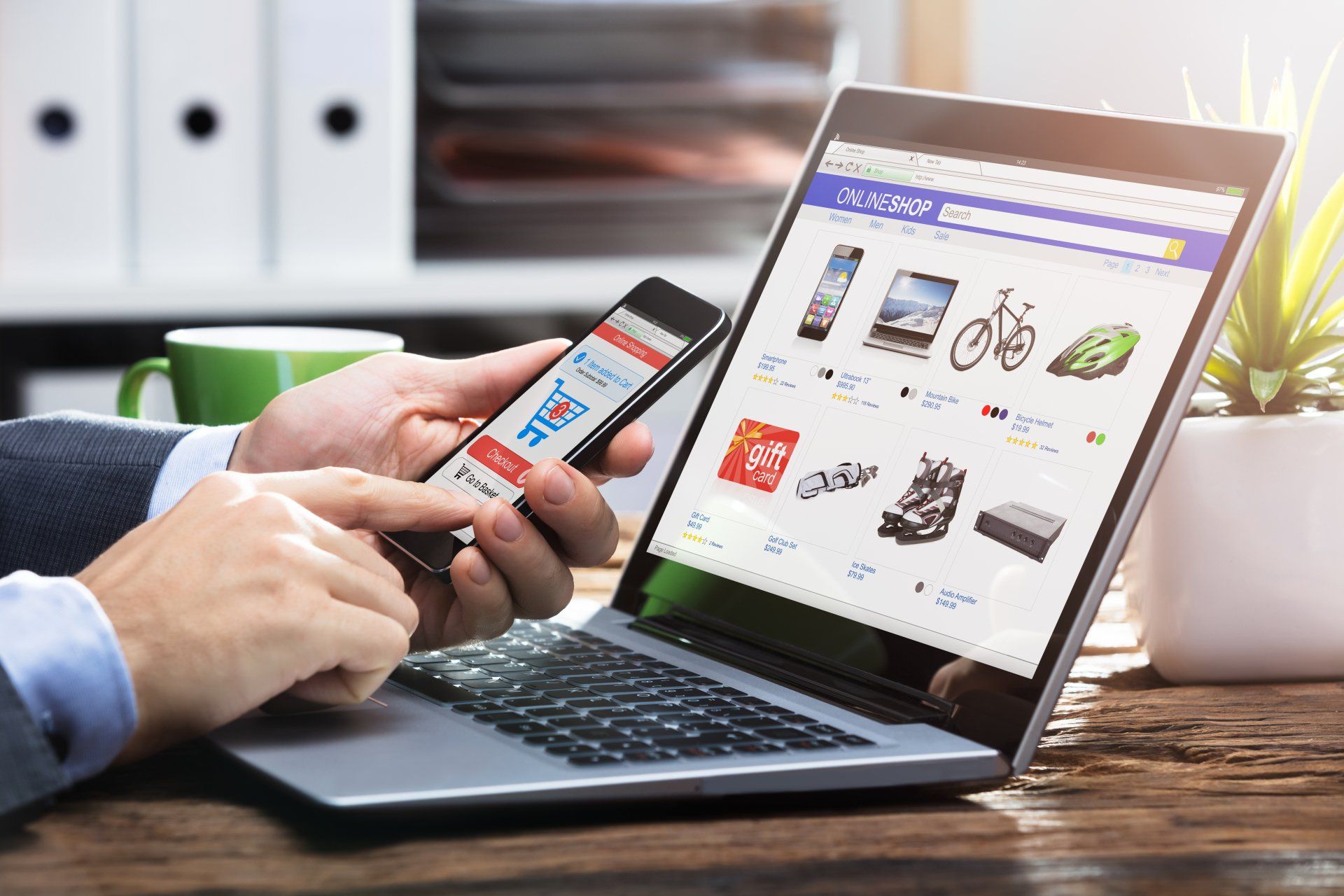Influencer marketing focuses on hiring key leaders to drive a brand’s message to the wider market. It goes hand in hand with social media marketing and will continue to grow with many prominent figures and celebrities endorsing branded goods and partnerships through videos and posts on their own personal social channels. They can be incredibly effective in heightening brand awareness and driving traffic because consumers are generally influenced by, and are interested in, the people we follow on social media.
Influencer marketing will become more important in 2019 with brands using this form of marketing as a way of reaching wider news feeds and gaining greater organic reach than they would otherwise be able to achieve on their own. So is influencer marketing just for big brands that have stacks of marketing budget? The answer is simple; whilst it remains a strong strategy for big brands, small businesses can learn from the giants and adapt their marketing to include some elements of influencer marketing, which can drive their business forward. Here are our 4 top tips to get you started:
Identify potential influencers
Finding and leveraging that influence is not an easy process; take your time and think carefully about who are the REAL influencers in your business area. As ever, understanding your market and your customer is key. When looking at influencers ‘trust and suitability’ are key components in any influencer selection. Buying time or favour with an indiscriminate or injudicious influencer without market credibility might do your relationship with prospective customers more harm than good, so it’s important to do your research and get it right. You will also need to be realistic with your budgets; Kylie Jenner didn’t become the world’s youngest billionaire by luck! Instead, look to your local market or area, or to an individual with a growing reputation, to become your influencer; for example:
- Think local – If your company operates in the building trade, you might not be able to afford Nick Knowles or Kevin Mcloud. However, is there an architect or individual with a local reputation who might be interested in linking up with you? Perhaps they have just won a prize or large contract and you can ‘catch the wave’ of their publicity.
- Catch a rising star
– Keep abreast of developing trends in your sector of the market. Use a wide variety of social media channels to find the sudden developments and rising stars, and catch them early in their careers. For example, a business in the fashion or beauty sector might visit local university and college graduation shows to find the ‘rising stars’ whose influence will grow as their experience does. For those in the sports or leisure sectors, can you find the local sportsperson destined for greater things, or the footballer in a local club who might not quite be premier league, but commands a loyal following from hundreds of devoted local fans?. This route is not without some level of risk as you are not investing in a ‘sure thing’, but the much lower levels of financial outlay might well make the risk more tolerable.
- Partner for success
– Why not establish a link with a local public service organisation that would welcome some additional funds or products, and could support you in return. The local or national armed forces sports teams might welcome a partnership and often have significant social media followings. Similarly, local charities, clubs and organisations might all be open to a reciprocal arrangement which doesn’t always need to be financial.
- Develop your own micro-influencer – If you’ve got a member of staff who has got credibility, liability and charisma, why not put them front and centre on their own social media channel. Encouraging your existing customers to ‘like and follow’ could quickly build a solid fan base.
Create killer content
There’s no point having great influencers behind your brand if the content they are sharing and promoting is not topical, interesting and relevant to your potential customers. It’s important to spend enough time and budget on creating killer content which represents your brand and highlights its key selling points. Some ideas to focus upon might be:
- Videos / podcasts
- Guides and tutorials
- Guest blogs
- Infographics
- Interviews with your influencers
Amplify influencer content on Facebook
Last year Facebook made changes to its platform giving brands the ability to amplify influencer posts[1]. Prior to this update when an influencer used to post about a brand on Facebook, that brand simply had to be content with one of two scenarios: Either the post would reach the influencer’s network, or the brand could essentially re-purpose that post as brand-generated content. Now, brands have the option of scaling the reach of influencer-generated content directly to their target audiences and all at the click of a button.
Activate content across social media channels
For a balanced influencer campaign, ensure that you promote and share your influencer generated content across all your social media platforms. Target Facebook, Instagram, Linked In and Twitter, but also consider setting up a You Tube Channel as a supporting function. Ensure your other marketing efforts such as your website and e-mail marketing also convey the same content and messages to deliver a coherent strategy to your audience.
Influencer marketing is projected to be worth $5-10 billion by 2020 [2]. It’s big business for many brands who continue to focus and invest in this area, however it will become more important to small businesses. Getting your plans started now will stand you in good stead for the future.












